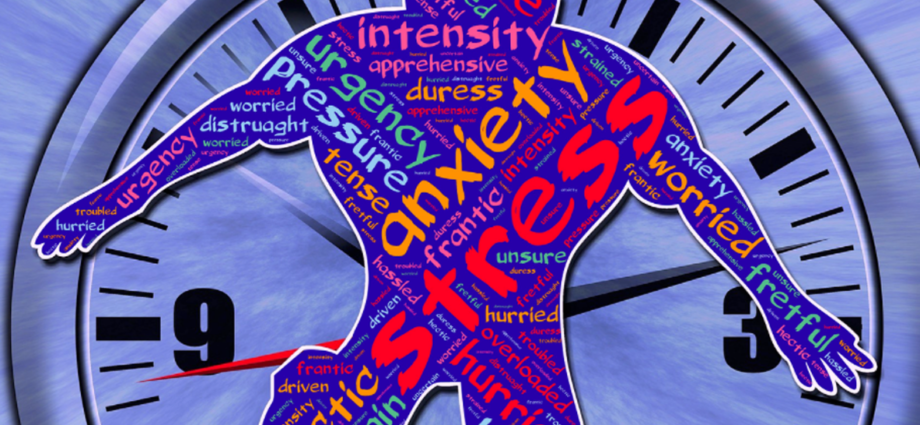|
|
We all feel anxiety from time to time, but anxiety that is out of proportion to a situation may reveal a serious problem. People who suffer with anxiety-related problems feel threatened and often can’t do anything constructive about it. They struggle just to try to control themselves.
There are five types of Anxiety related disorders that comprise major Anxiety Based Disorders.
Generalized Anxiety Disorder (GAD), is characterized by chronic anxiety, exaggerated worry and tension, even when there is little or nothing to provoke it.
Obsessive-Compulsive Disorder (OCD), is characterized by recurrent, unwanted thoughts (obsessions) and/or repetitive behaviors (compulsions). Repetitive behaviors such as excessive cleaning or checking to see if doors and windows are secure and locked, are often performed with the hope of eliminating obsessions. Performing these so-called “ceremonies,” however, provides only a brief relief, and not performing them dramatically increases anxiety.
Panic Disorder is characterized by unexpected and repeated episodes of acute fear accompanied by physical symptoms that may include pounding chest pain, rapid and irregular heart beat, shortness of breath, dizziness, or abdominal distress. Panic is often accompanied by Agoraphobia – a fear of leaving a person’s home.
Social Phobia, or Social Anxiety Disorder, is defined as intense anxiety and excessive self-consciousness in everyday social situations. Social phobia can be isolated to only one type of situation, such as a fear of speaking in front of an audience or at a funeral or birthday party, or eating and drinking in front of strangers. In its most severe form, it may be so broad that a person experiences fear whenever they get on an elevator.
Post Traumatic Stress Disorder (PTSD), can develop after exposure to a terrifying event or ordeal in which grave physical harm occurred or was threatened. Traumatic events that may trigger PTSD include violent personal assaults and abuse, school shootings, death of a family member, natural or human disasters, such as tornados, floods and hurricanes, accidents, or military combat.
This report is not a diagnosis. We hope this information can guide you toward improving your life.
Review our Knowledge Base or the links displayed on this page for similar or related topics.

